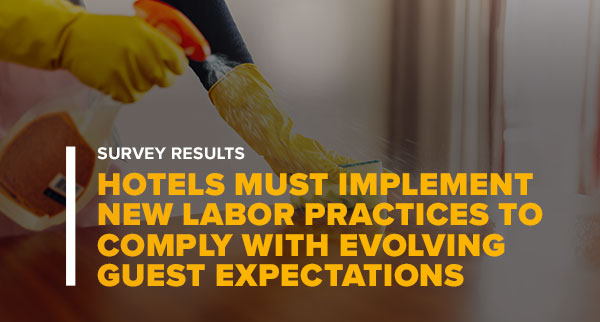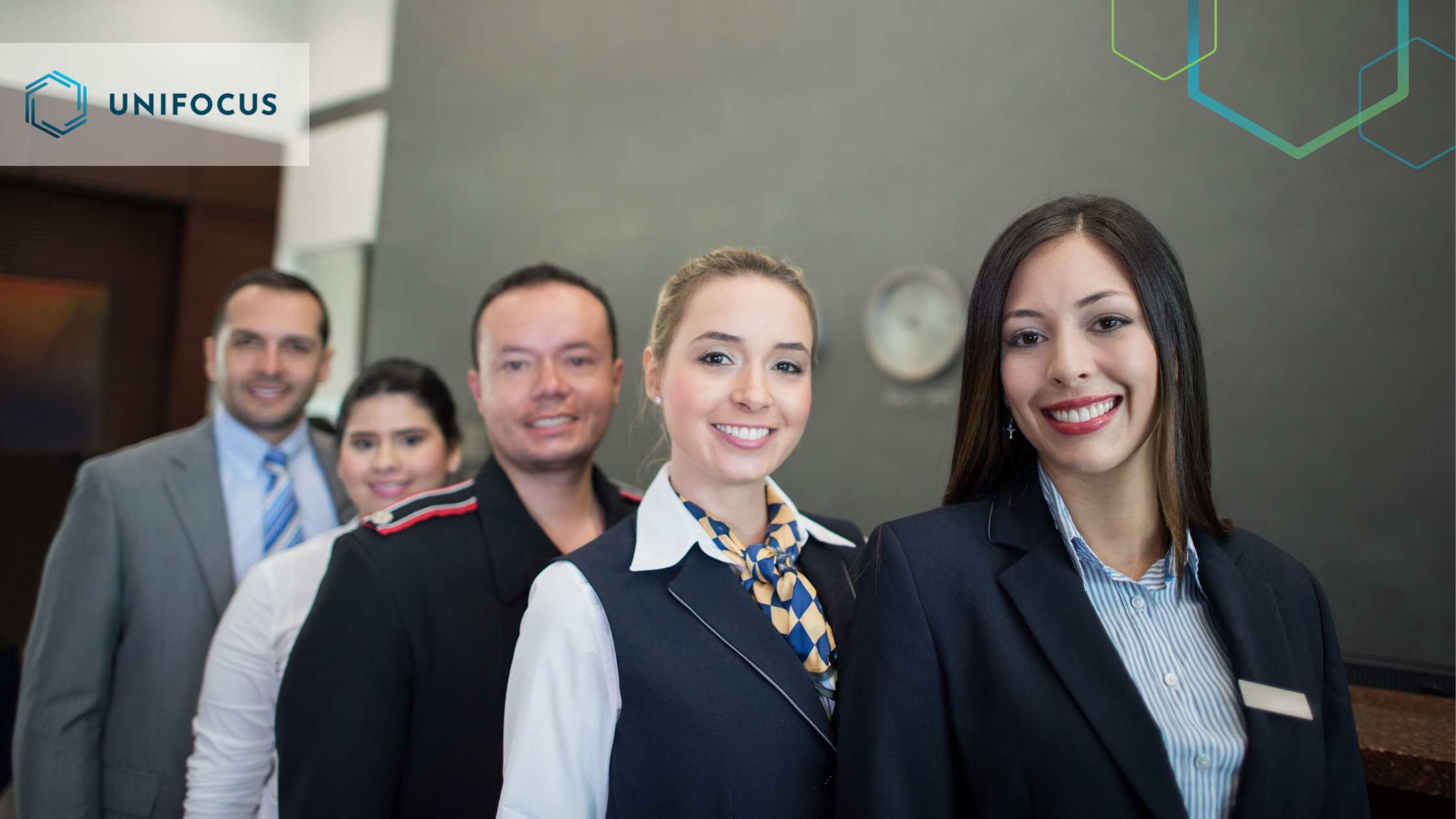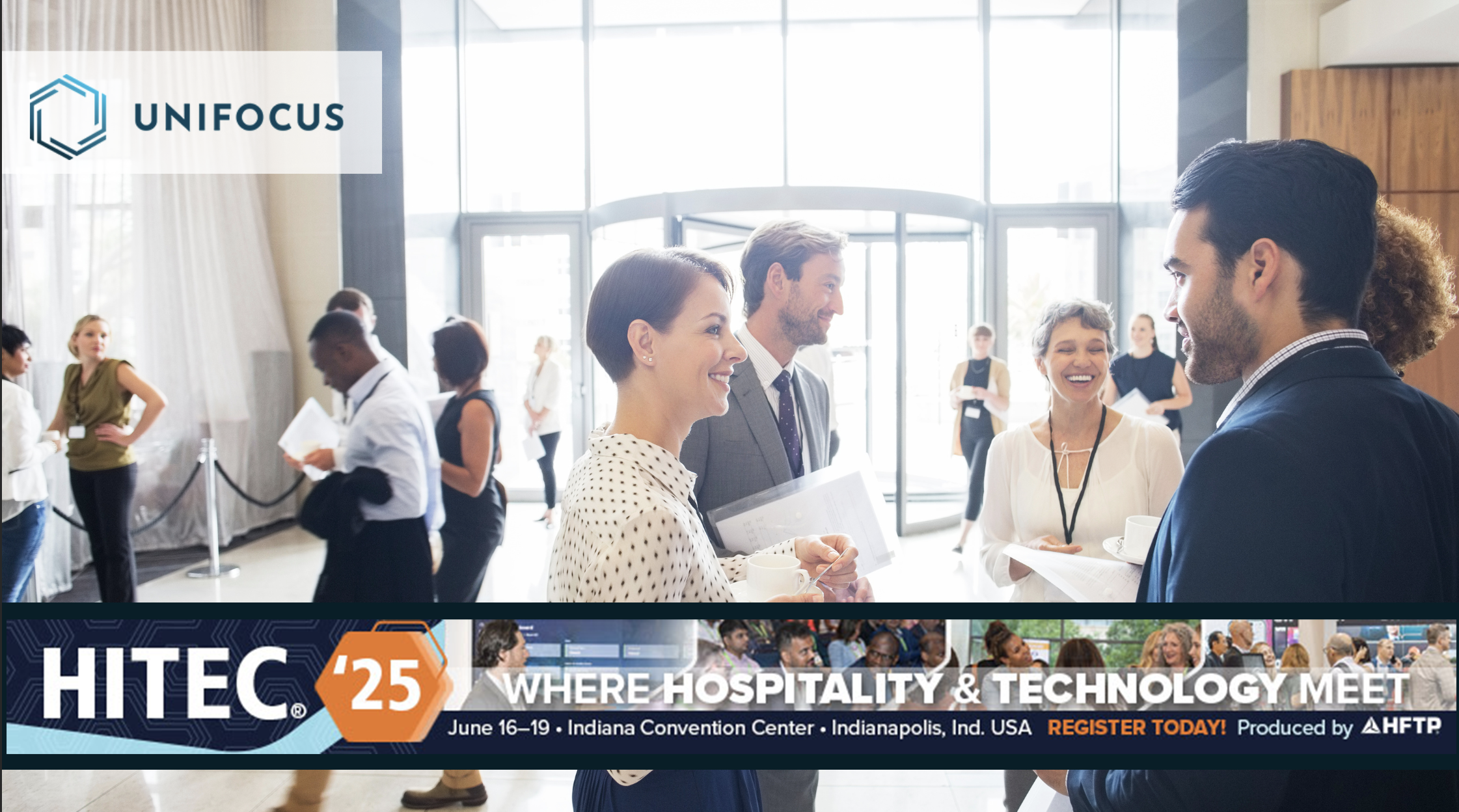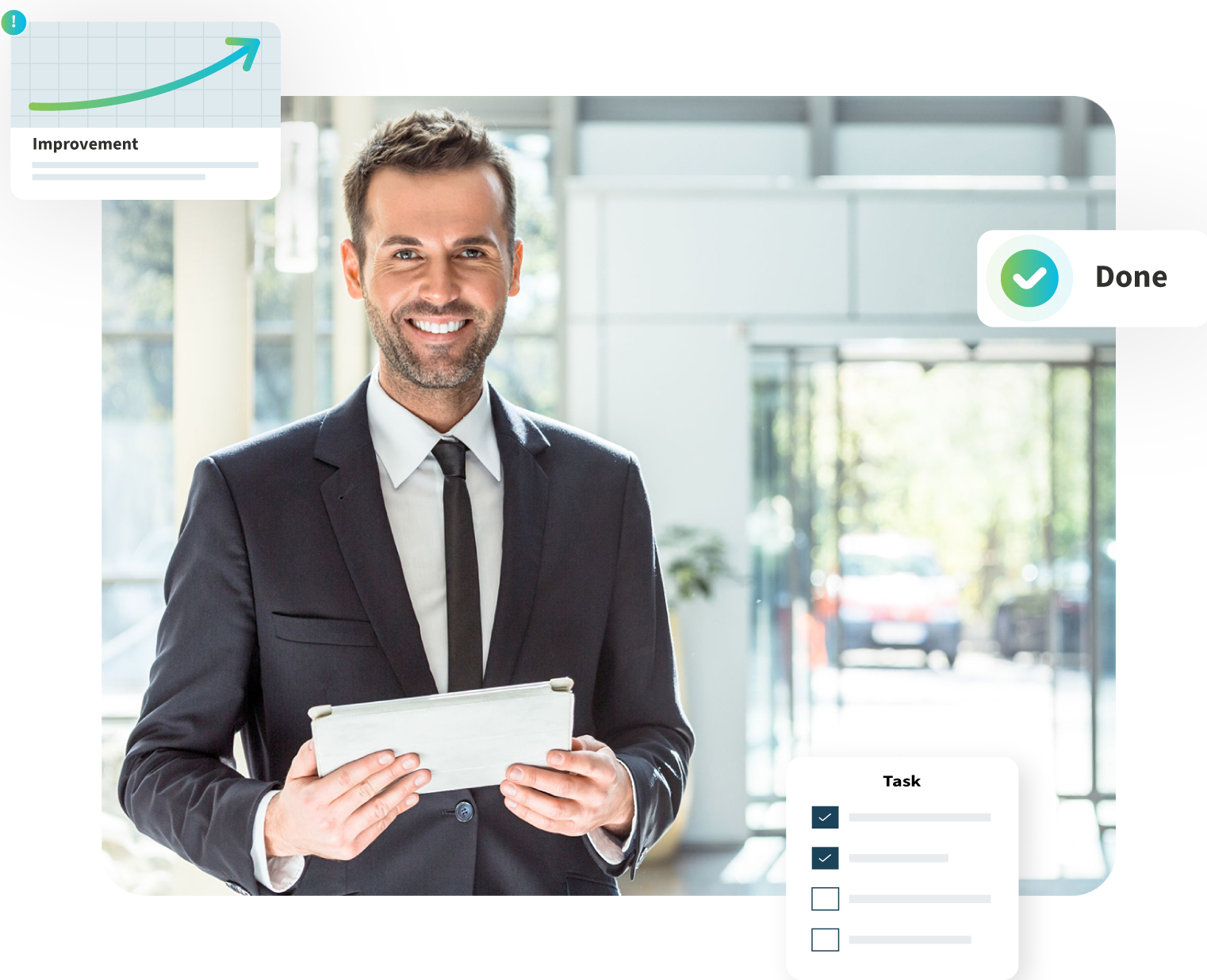As millions of Americans are now venturing out from their homes to insert some semblance of normalcy into their everyday lives, the hotel sector faces the unique challenge of aligning with the realities of an unpredictable post-quarantine industry environment. The functional nature of travel and hospitality relies on public human-to-human interaction, which doesn’t exactly bode well during a global pandemic. After record-low traffic numbers in March and April, the TSA reported 215,000 flyers went through security checkpoints on May 10 – an uptick of nearly 126,000 from the previous month.
With more people traveling, hotels have started to resume business, and the measures they implement now during post-quarantine periods will determine their ability to navigate the unexpected twists and turns of a winding road to recovery.
Moving forward, it will be imperative for hotels to place an enhanced focus on adapting labor practices that align with the intricacies of providing positive guest experiences amid a public health crisis. However, the proper adjustments can’t be made without a firm understanding of new and innovative practices that lead customers to feel comfortable and confident in the safety of service.
In that sense, UniFocus is here to help.
We recently conducted a travel impact study surveying more than 1,150 travelers on how COVID-19 has changed their view toward quality hospitality service. Respondents were asked to rank various practices based on levels of importance, ranging from employees wearing masks and visibly sanitizing open surfaces to guest/employee temperature checks, touchless interactions, and clean room certifications prior to arrival. The survey also inquired about the impact of restaurant service, room service, fitness center hours and spa availability on the overall guest experience.
The audience was carefully selected. Not only were they frequent business and leisure travelers, but also individuals who rated property performances before the pandemic --- adding a unique and holistic perspective to the study. For increased visibility, the participants were asked to provide their purpose of travel, preferred method of transportation, approximate travel distance and travel timelines.
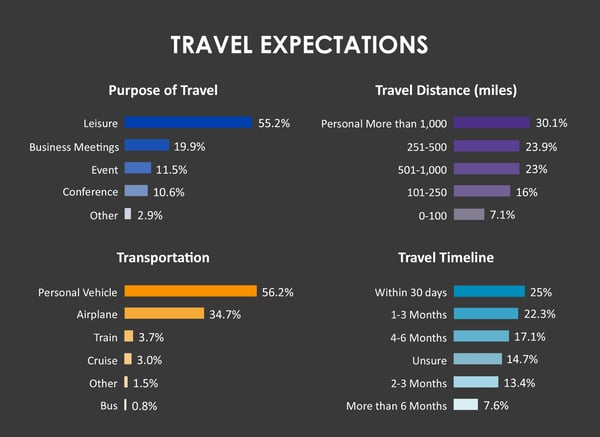
The Findings
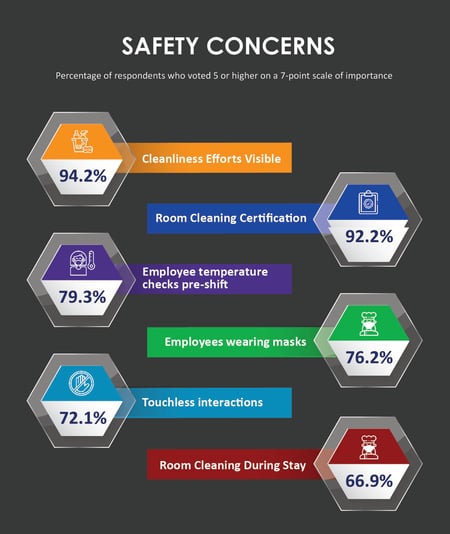
The survey produced a variety of actionable insights hotels can implement to help ensure properties were equipped to meet guest expectation, while maximizing their operational efficiency amid challenging periods of minimal profitability, tight labor budgets and unpredictable volumes. We found that, above all, customers want to see evidence of ramped up sanitation protocols that significantly lower their risk of infection. Providing that evidence requires new labor practices placing a visible, staff-wide emphasis on cleanliness into the limelight. For example, it could mean meticulously wiping down the front desk upon a guest’s arrival, mandating strict elevator capacity limits, sanitizing restrooms with heightened frequency, providing “clean room certificates” for the guests upon arriving at their designated rooms, and using disposable menus coupled with social distancing in the restaurant. Basically, any cleaning / sanitation task that can be completed in plain sight of the customer is something to consider.
In the survey results, clean room certifications, pre-shift employee temperature checks, staff-wide mask wearing and touchless interactions – such as check-ins, room keys, elevator use, and food service ordering – all fell on the above average scale of importance.
From a facilities standpoint, the survey indicated that, during the pandemic, guests aren’t looking for glitz and glamour offerings from their hotel of choice. Rather, it’s the quality of service and cleanliness provided that far outweighs the quantity of available amenities. Full-service restaurant and room service availability were the only facility offerings that respondents deemed exceedingly important to the quality of their experience. Fitness centers, pools and spas all received lower marks.
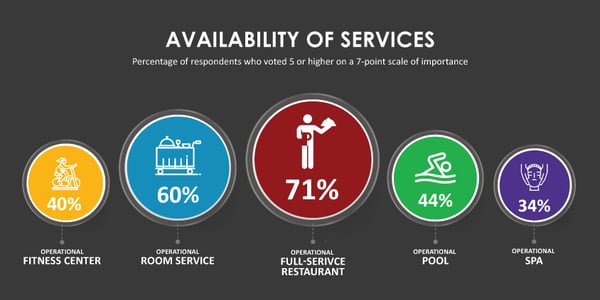
What it All Means
Based on the facts gathered from the survey, it’s rather evident that hotels are facing an entirely new industry reality ushered by evolving guest desires and expectations stemming from COVID-19. It’s a reality that magnifies the importance of a proactive approach to all aspects of hotel operations. From maintaining profitability with low volumes to performing a wide range additional daily tasks, to implementing innovative labor techniques tailored to the customer experience is what will enable hotels to survive the pandemic environment.
A key aspect of the equation is adhering to the new norms of a positive guest experience. By prioritizing the five key impact factors from our survey, hotels can create a safe and comfortable environment that fosters recurring guests and long-term customer loyalty.
It starts with visible cleanliness. Guests need to know that their health and safety is the hotel’s top priority. And in this case, seeing is believing. All members of the staff should wear masks in public settings, especially during interactions with customers. Commonly used surfaces like door handles and elevator buttons should be wiped down frequently, with higher frequencies in areas of consistent employee-guest interaction. In the hotel restaurant, tables and chairs should be wiped down in front of customers so they can see what sanitation efforts are being undertaken.
In conjunction with clean room certifications, guests should have the power to decide whether their room is cleaned during their stay. With only 2/3 of our respondents rating this as important, staffing should reflect this reduction if stayover cleaning is measurably reduced. Alongside the clean-room certificate, a summary of the enhanced sanitation measures taken could be given to each guest upon arrival. And one step further, CDC facts sheets could be distributed to each room for guests to comply with social distancing guidelines and self-sanitary techniques on their own. By adding these types of subtle offerings into their service arsenal, hotels can serve as a reliable resource to further enhance their guest’s experiences.
As to the employee-related data and perceptions of temperature checks, notices can be made available to the arriving guest to ensure they are aware of these additional measures being taken by the property.
With these added components that further the guest experience, a significant factor for profitability will be a shift to task-oriented labor. Hotels can no longer afford to staff based on job class. Instead, decisions should be weighted on skill set versatility that coincides with multi-positional roles. With this approach, employees are cross utilized to bridge any gaps during a single shift. A single employee can transition from wiping down door handles to attending the front desk to running food service all during the span of their shift – essentially performing the responsibilities of three separate positions at once. In doing so, not only are hotels preserving labor costs and maximizing operational efficiency, they’ve also just added an increased level of flexibility to their staff for executing intense, COVID-19-related sanitation requirements.
In conclusion, our survey drives home the importance of knowing what services to prioritize, as well as how to deliver them with the resources at hand. The pandemic has taught us that quality service isn’t solely dependent on external factors; an internal approach is equally important. If hotels can position themselves internally to control what they can control, particularly as it relates to the perceived safety of their guest experiences, then they’ll have much more leverage to work with until light appears on the horizon.

